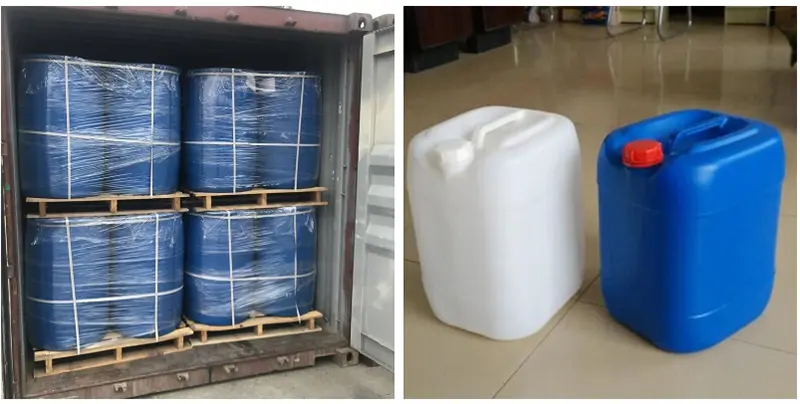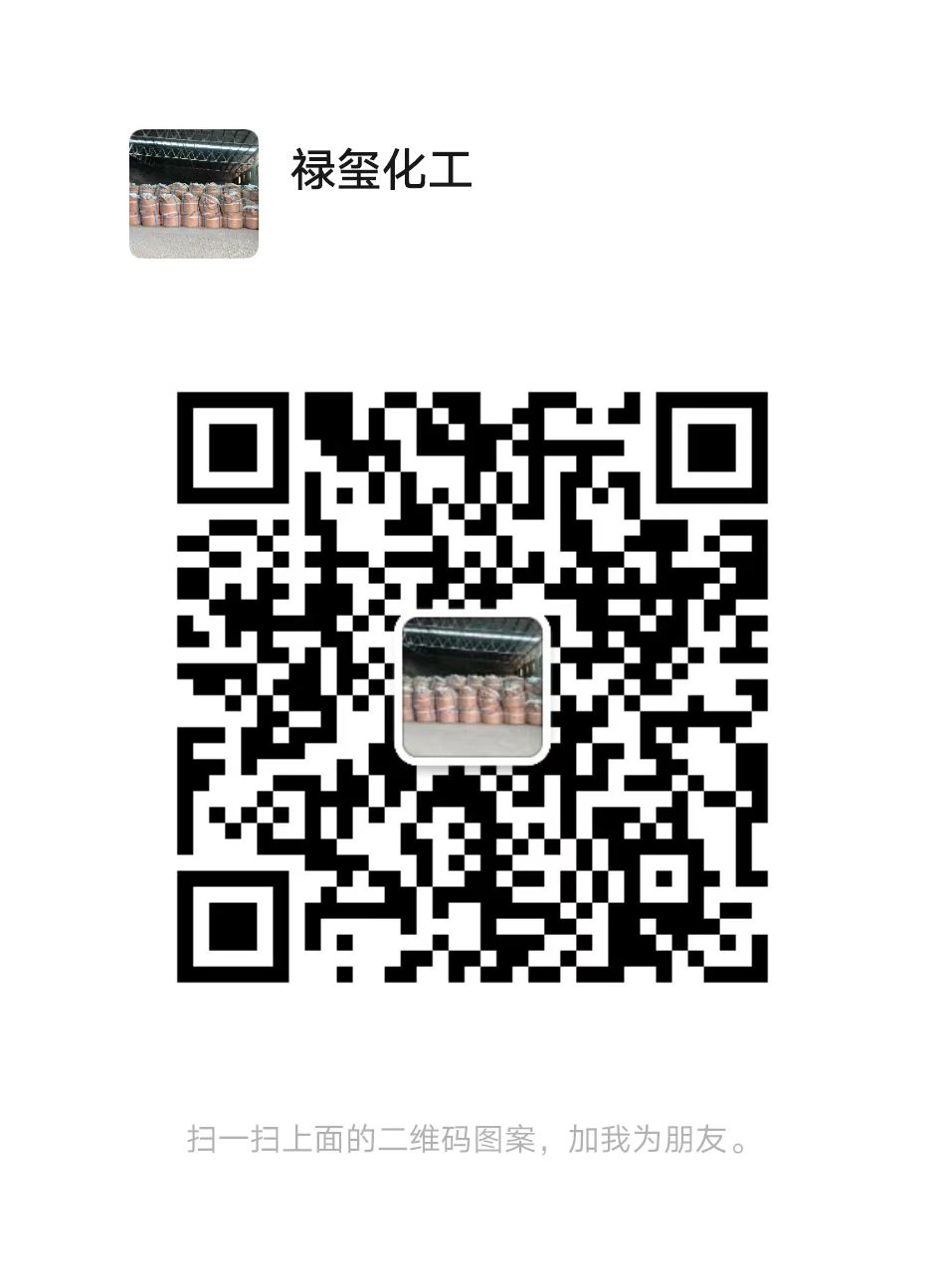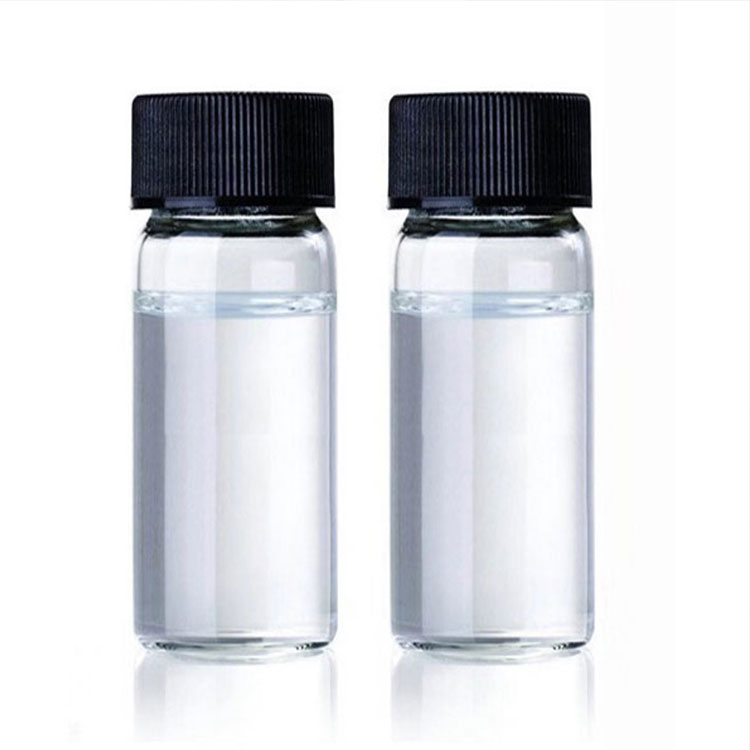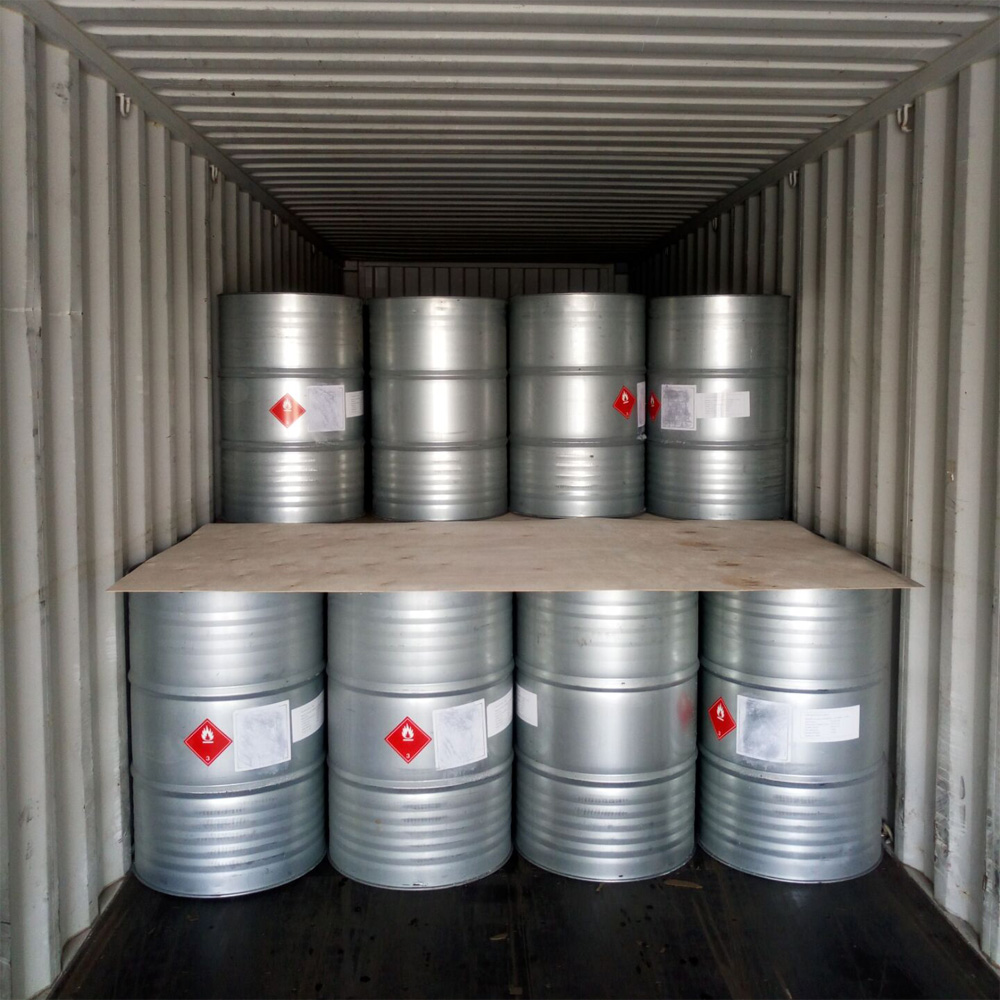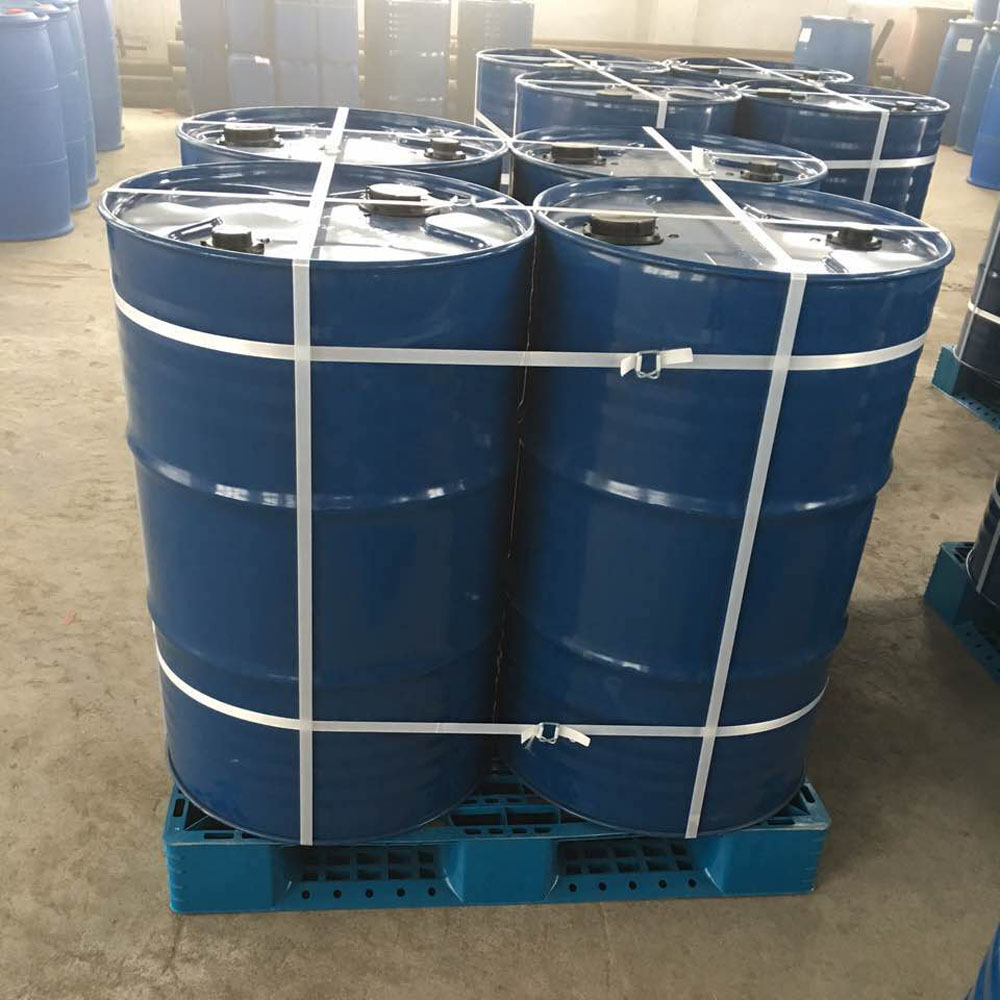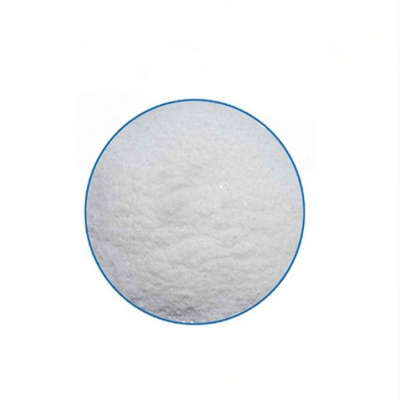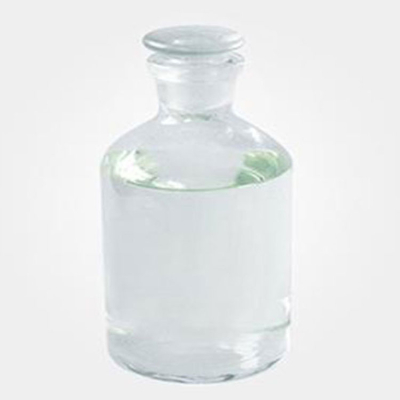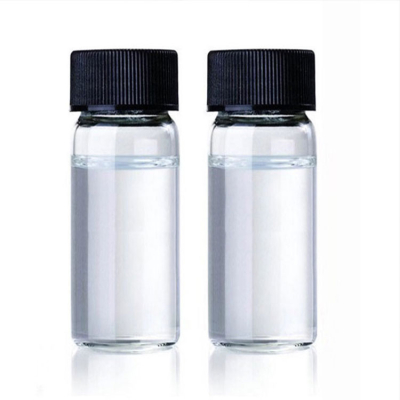Formic acid CAS#64-18-6
Formic acid CAS#64-18-6 Promotion Season Now in Store and Free Sample for Testing with Factory Price
Chemical Name:Formic acid
CAS No.:64-18-6
Molecular Formula:CH2O2
Molecular weight:46.03
Sample: Available
Mode of Transportation
1. By Air, fast but expensive.
2. By Sea, usual and economy.
3. By Train, suit for middle Asia countries.
4. By Express, suit for small package.
We only provide highest quality goods available, accompanied by after support!
Products Description of Formic acid CAS#64-18-6
Formic acid is an important chemical raw material. It was first discovered by Fisher in 1670. A.S.Marggret first produced pure formic acid in 1749.
It was first discovered by distilling red ants, hence the name formic acid. Formic acid is widely found in nature, such as in the secretions of red ants, bees, caterpillars, etc., in the leaves and roots of plants, and in fruits. It is the simplest carboxylic acid. Compared with other fatty carboxylic acids, it has a special structure and is more acidic. It is a colorless, transparent, pungent, fuming liquid with a molecular formula of HCOOH. Relative molecular mass 46.03. Relative density 1.2196. Melting point 8.4℃. Freezing point 7℃. Boiling point 100.7℃, 50℃ (15.999×103Pa). Refractive index 1.3714.
Flash point 68.9℃. Viscosity 1.784mPa·s. Ignition point 410℃. Miscible with water, ethanol, ether, etc. It forms a high-boiling binary azeotrope with water, containing 77.5% of this product, with an azeotropic point of 107.3°C, which is higher than the boiling points of pure water and pure formic acid. The carbonyl group of this product is directly connected to hydrogen, so that formic acid has both the characteristics of acid and some properties of aldehyde.
Formic acid Chemical Properties
Melting point | 8.2-8.4 °C (lit.) |
Boiling point | 100-101 °C (lit.) |
density | 1.22 g/mL at 25 °C (lit.) |
vapor density | 1.03 (vs air) |
vapor pressure | 52 mm Hg ( 37 °C) |
refractive index | n20/D 1.377 |
FEMA | 2487 | FORMIC ACID |
Fp | 133 °F |
storage temp. | 2-8°C |
solubility | H2O: soluble1g/10 mL, clear, colorless |
pka | 3.75(at 20℃) |
form | Liquid |
Specific Gravity | 1.216 (20℃/20℃) |
color | APHA: ≤15 |
PH | 3.47(1 mM solution);2.91(10 mM solution);2.38(100 mM solution); |
Odor | at 0.10 % in water. pungent vinegar formyl |
Odor Type | acetic |
explosive limit | 12-38%(V) |
Water Solubility | MISCIBLE |
Sensitive | Hygroscopic |
λmax | λ: 260 nm Amax: 0.03 |
Merck | 14,4241 |
JECFA Number | 79 |
BRN | 1209246 |
Henry's Law Constant | At 25 °C: 95.2, 75.1, 39.3, 10.7, and 3.17 at pH values of 1.35, 3.09, 4.05, 4.99, and 6.21, respectively (Hakuta et al., 1977) |
Dielectric constant | 58.0(16℃) |
Exposure limits | TLV-TWA 5 ppm (~9 mg/m3) (ACGIH, MSHA, OSHA, and NIOSH); IDLH 100 ppm (180 mg/m3) (NIOSH). |
Stability: | Stable. Substances to be avoided include strong bases, strong oxidizing agents and powdered metals, furfuryl alcohol. Combustible. Hygroscopic. Pressure may build up in tightly closed bottles, so bottles should be opened carefully and vented periodically. |
InChIKey | BDAGIHXWWSANSR-UHFFFAOYSA-N |
LogP | -0.540 |
CAS DataBase Reference | 64-18-6(CAS DataBase Reference) |
NIST Chemistry Reference | Formic acid(64-18-6) |
EPA Substance Registry System | Formic acid (64-18-6) |
Safety Information
Hazard Codes | T,C,Xi |
Risk Statements | 23/24/25-34-40-43-35-36/38-10 |
Safety Statements | 36/37-45-26-23-36/37/39 |
RIDADR | UN 1198 3/PG 3 |
WGK Germany | 2 |
RTECS | LP8925000 |
F | 10 |
Autoignition Temperature | 1004 °F |
TSCA | Yes |
HazardClass | 8 |
PackingGroup | II |
HS Code | 29151100 |
Hazardous Substances Data | 64-18-6(Hazardous Substances Data) |
Toxicity | LD50 in mice (mg/kg): 1100 orally; 145 i.v. (Malorny) |
IDLA | 30 ppm |
Product Application of Formic acid CAS#64-18-6
Formic acid is one of the basic organic chemical raw materials, widely used in pesticides, leather, textiles, printing and dyeing, medicine and rubber industries, etc. It can also be used to make various solvents, plasticizers, rubber coagulants, animal feed additives and new processes for synthesizing insulin, etc.
In my country's formic acid consumption, the pharmaceutical industry accounts for about 45%, the chemical industry accounts for about 30%, and other sectors such as light industry and textiles account for about 25%. Formic acid is one of my country's important export chemical products. At present, all formic acid production in my country adopts the sodium formate method.
Formic acid is often used as a cheap, less volatile and corrosive substitute for inorganic acids, and is widely used in the light industry. In the textile and printing and dyeing industries, formic acid is used as an agent to eliminate nitrous acid gas produced by the sodium nitrite method of indicot, a dyeing auxiliary for weak acid dyes and neutral complex dyes, and an auxiliary for dyeing nylon with reactive dyes.
Factory and Equipment Show
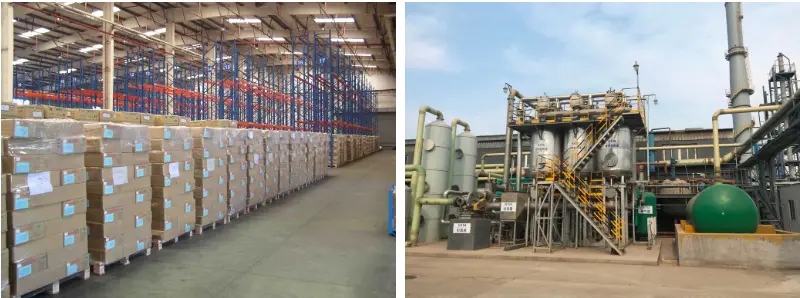
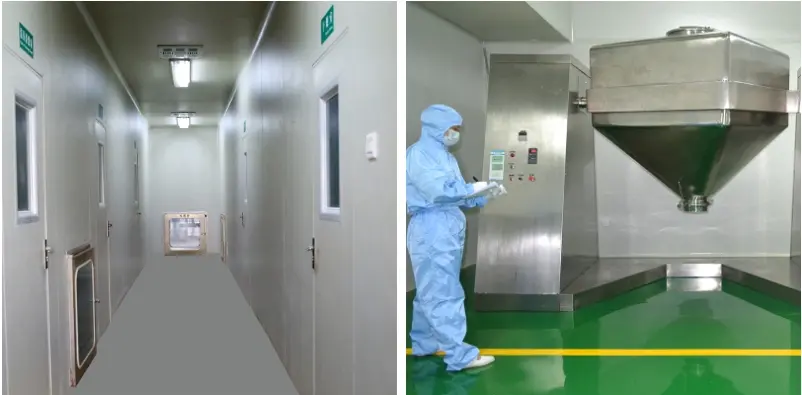
Fast delivery time
Inventory 2-3 working days New production 7-10 working days
